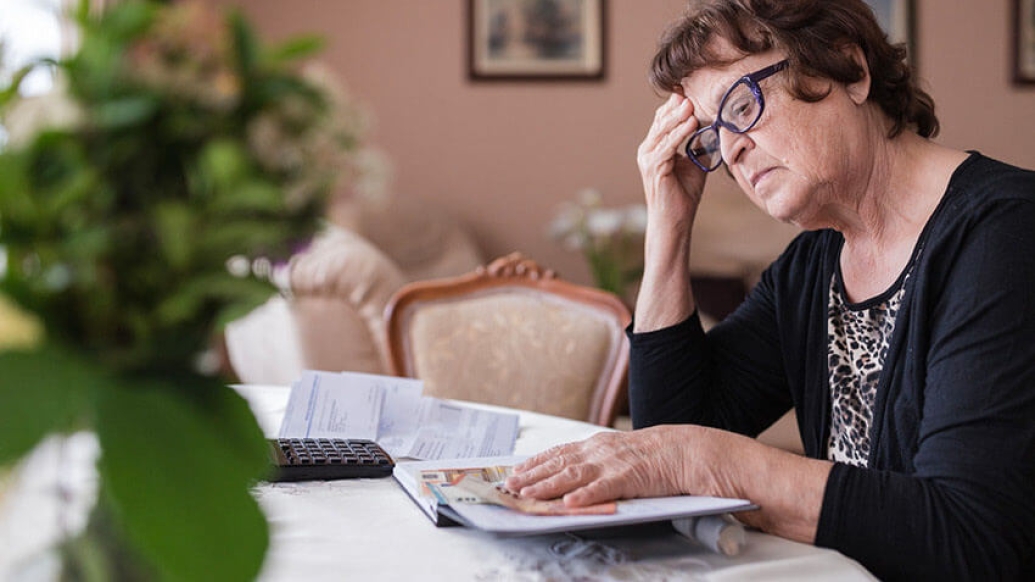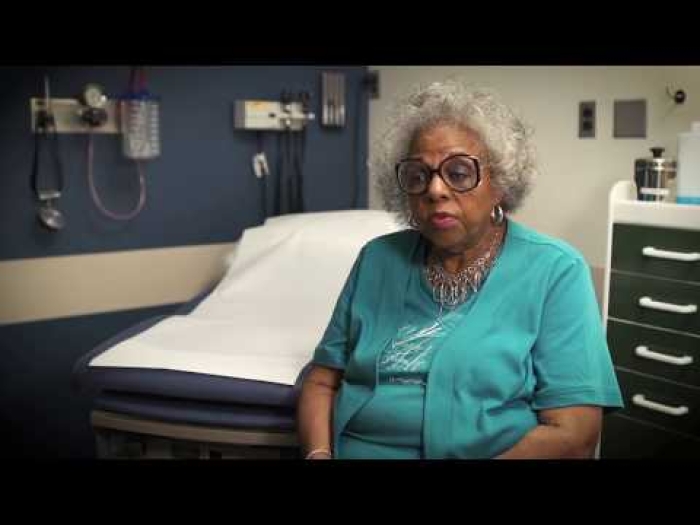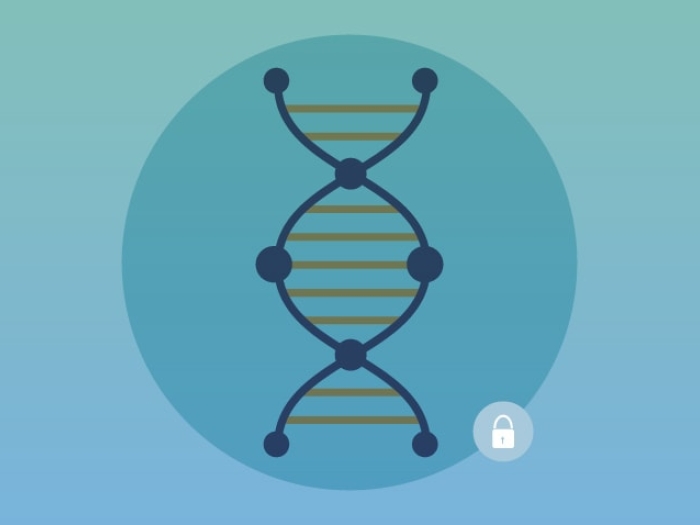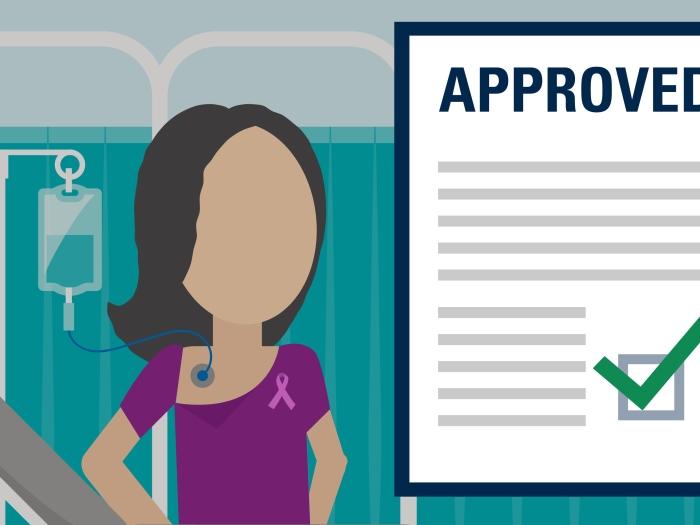Patients often find themselves juggling new financial worries at the same time as a cancer diagnosis. Now, researchers are tackling the issue.
5:00 AM
Author |

The financial burden of cancer care is a growing issue. In fact, the topic has even sprouted a name to reflect its seriousness — financial toxicity — likening it to the toxicities of the treatments that kill cancer cells.
It's a fitting term. Slightly more patients were worried about the high financial burden of their cancer care than of dying from cancer, one 2018 survey found. But the medical community is stepping up to research and address the challenge more than ever before.
"We have made a lot of progress in many types of cancer treatment, which is wonderful. But we must turn our efforts to confronting the financial devastation many patients face," said Reshma Jagsi, M.D., D.Phil., a radiation oncologist at the Rogel Cancer Center who studies the issue.
Michigan Health spoke with Jagsi to understand more about how financial toxicity affects patients and what resources patients can turn to.
What is financial toxicity?
Jagsi: It's not just about the high dollar amounts. It's also important to recognize the high level of emotional distress that financial worries cause for patients and their families — and they come at the worst time.
In order to develop new approaches to ease the burden, researchers like myself and my colleagues are working to better understand the many complex factors involved.
You recently published a study looking at financial toxicity in patients with breast cancer. What did you observe?
Jagsi: Our team interviewed 32 patients who received financial assistance from The Pink Fund, a Michigan-based nonprofit, during their treatment, and studied the patterns and themes that emerged in those conversations. We purposefully selected a group that was diverse in terms of race, income, education, and whether they were raising children.
SEE ALSO: 8 Tips for Coping After a Breast Cancer Diagnosis
Over and over, the participants talked about the awful double whammy of facing financial difficulties at the same time as they were trying to manage a scary cancer diagnosis.
What was your most important finding?
Jagsi: We found that patients' expectations going into treatment significantly affected their experiences — both in terms of actual financial burdens as well as how much distress they felt. That's not something that doctors and researchers have really accounted for.
Some patients, for example, expected to be back at work much sooner than they were able to return, and then found themselves facing a lot of additional stress and financial trouble.
Others were caught off guard by costs that weren't related to treatment — how much they had to pay for gas, food and parking during frequent hospital visits, for lotions or wigs after treatment, for duties like childcare they could no longer fully do themselves.
In the end, we identified four important gaps patients often experience: unclear treatment expectations, few conversations with providers about costs, not knowing how to access financial resources, and lack of support in navigating the health care system.
We believe focusing health systems' attention on each of these four areas could really make a big difference in patients' lives.
SEE ALSO: Patient Navigators: a Personal Guide to Cancer Treatment's Complexity
Tips for patients
-
Start a conversation with your provider. You might say, "Is there someone available who can help me understand what my treatment is going to cost?" Or, "Can you refer me to a social worker who can help me find resources and support services?"
-
Make a financial plan. Making a budget that lists your income, savings and expected expenses can help you get organized — and to identify questions you may need help answering: How soon can I return to work? How much will my co-pays be? How much is parking at the cancer center? Will I need to budget for extra childcare?
-
Don't be afraid to ask for help. While there are many types of resources available to patients with cancer, they're not always easy to find and access. Your health care provider, local patient support groups and local chapter of the American Cancer Society are great places to start.
National resources
24/7 helpline, help finding national and local resources
(800) 227-2345
Cancer Financial Assistance Coalition
Organizations providing financial or practical help
(800) 4-CANCER
Case management assistance, financial aid
(800) 532-5274
Michigan resources
New Day Foundation
financial assistance and financial navigation services
(248) 648-1105
Rogel Cancer Center
Access to social work services, financial counseling and other support
(734) 232-2208

Explore a variety of healthcare news & stories by visiting the Health Lab home page for more articles.

Department of Communication at Michigan Medicine
Want top health & research news weekly? Sign up for Health Lab’s newsletters today!





